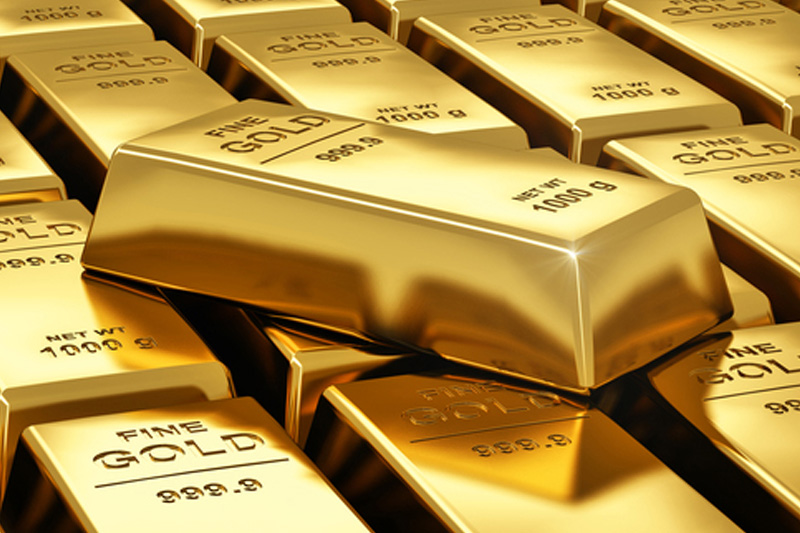Bitcoin price today: rises to $116.5k on Trump 401k order, altcoins rally
By Barani Krishnan
Investing.com -- Yes, U.S. inflation is retreating. But the Fed isn’t.
And that’s not very comforting to bulls in the game.
The benchmark gold futures contract on New York’s Comex, December, settled on Thursday at $1,807.20 an ounce, down $6.50, or 0.4%, on the day.
It was gold’s first retreat in four days since last week’s runaway U.S. jobs report — which surprisingly thrust the yellow metal back into bullish $1,800 territory, instead of deeper sub-$1,700 red many might have expected.
The spot price of bullion, more closely followed than futures by some traders, was at $1,786.70 by 16:00 ET (20:00 GMT), down $6.51, or 0.4%.
The renewed slide in gold came as data showed the U.S. Producer Price Index falling 0.5% in July, reinforcing the theme of inflation in retreat from four-decade highs.
The so-called PPI data came on the heels of the more-important Consumer Price Index, or CPI, for July. The CPI report showed zero growth for July and an annual expansion of 8.5%, versus economists’ forecasts for 0.2% and 8.7%, respectively.
“Investors may have become too optimistic about a Fed pivot,” said Ed Moya, analyst at online trading platform OANDA. “Gold needs to see more data in the next couple of months to confirm that inflationary pressures are moderating.”
At least three Fed officials have said in recent days that the Fed wasn’t prepared to go easy on rates yet.
The Fed is "far, far away from declaring victory" on inflation, Minneapolis Federal Reserve Bank President Neel Kashkari said at the Aspen Ideas Conference, despite the "welcome" news in the CPI report.
Kashkari said he hasn't "seen anything that changes" the need to raise the Fed's policy rate to 3.9% by year-end and to 4.4% by the end of 2023.
The rate is currently in the 2.25%-2.5% range.
San Francisco Fed President Mary Daly, in an interview with the Financial Times, also warned it is far too early for the U.S. central bank to "declare victory" in its fight against inflation.
However, Daly said that a half-percentage point rate rise was her "baseline" but did not rule out a third consecutive 0.75% point rate rise at the central bank's next policy meeting in September, according to the report.
Calling inflation "unacceptably" high, Chicago Fed President Charles Evans said he believes the Fed will likely need to lift its policy rate to 3.25%-3.5% this year and to 3.75%-4% by the end of next year, in line with what Fed Chair Jerome Powell signaled after the Fed's latest meeting in July.
Still, he said, the CPI report marks the first "positive" reading on inflation since the Fed began raising interest rates in March in increasing increments -- a quarter of a percentage point to start, then a half a point, and then three-quarters-of-a-percentage point in both June and July.
